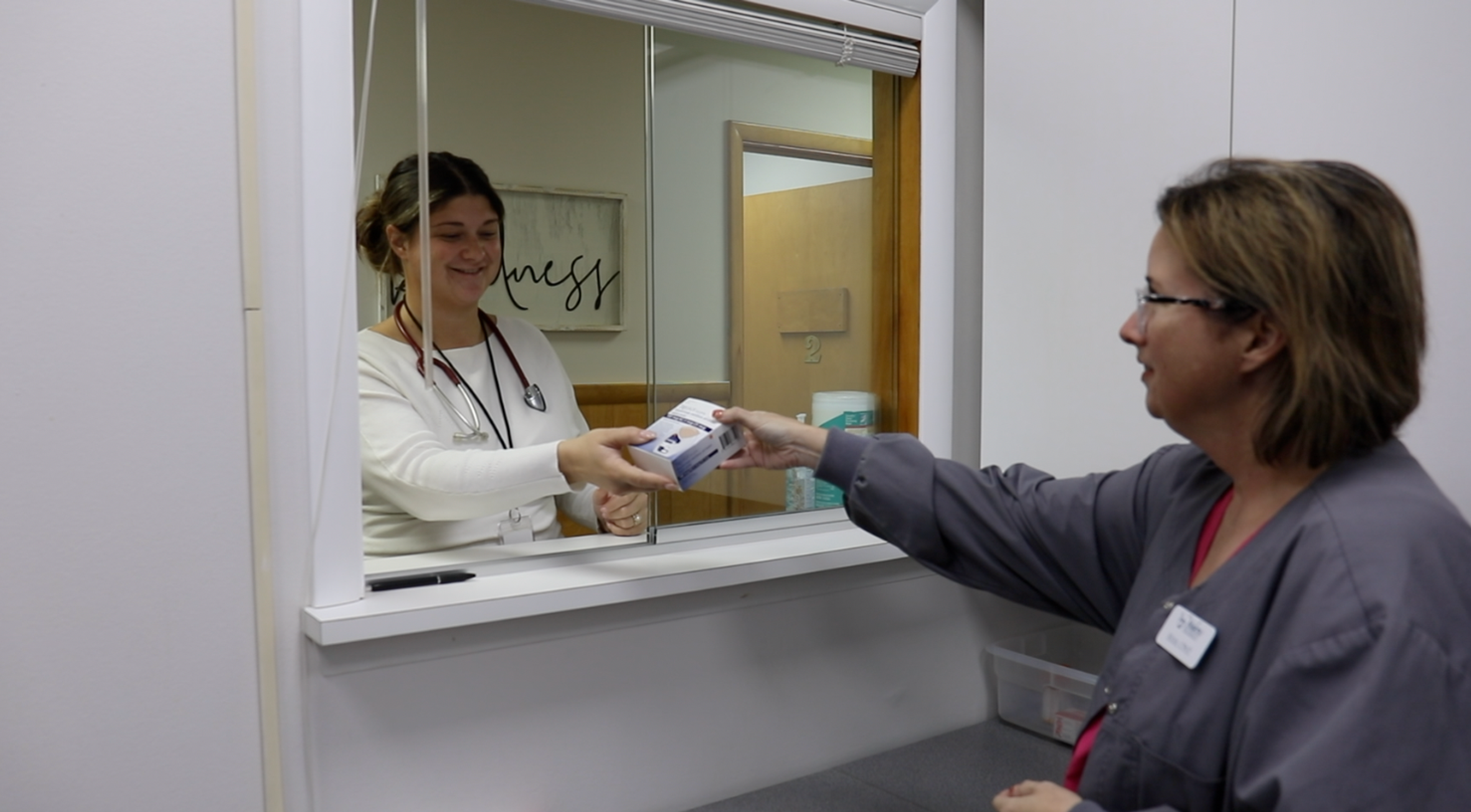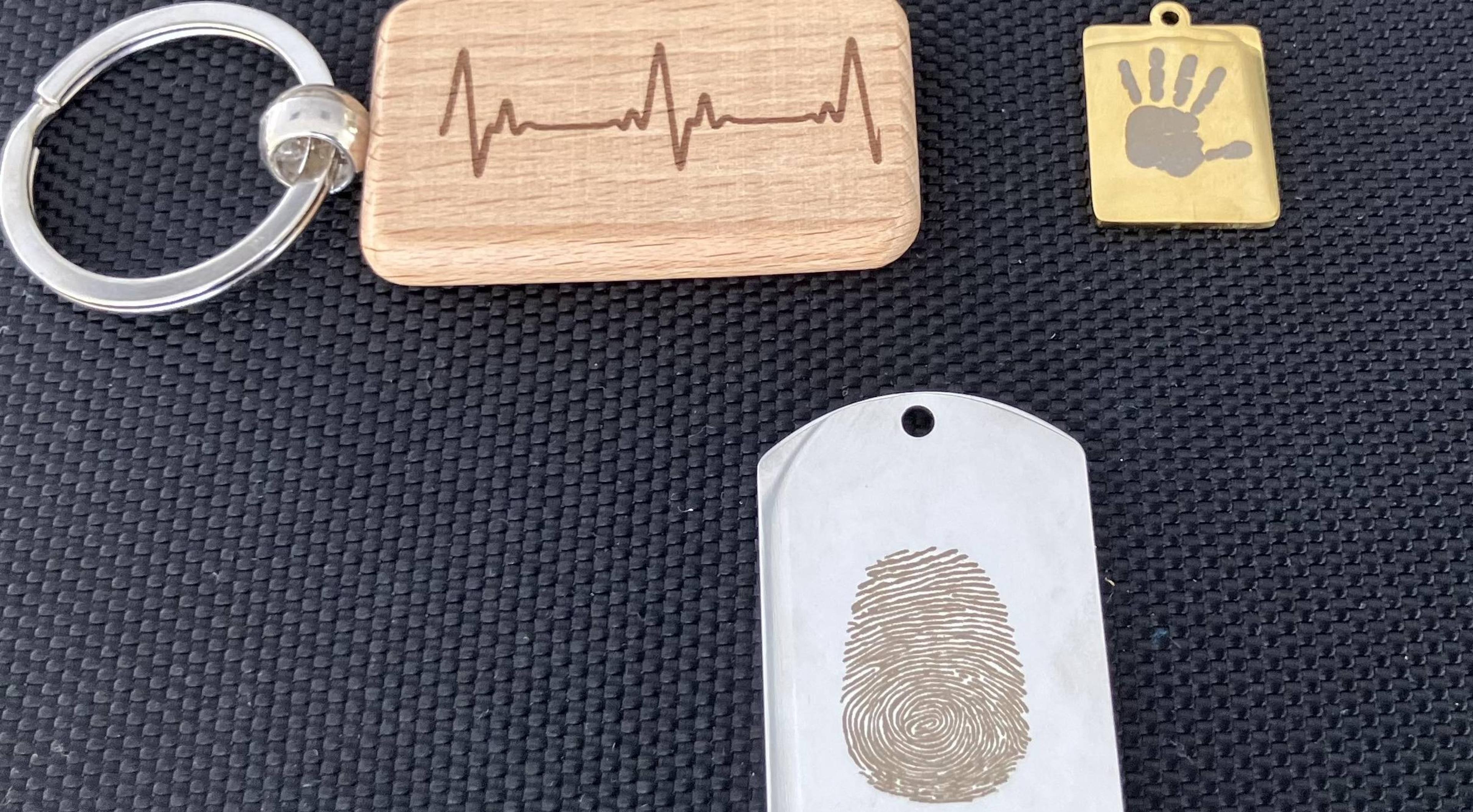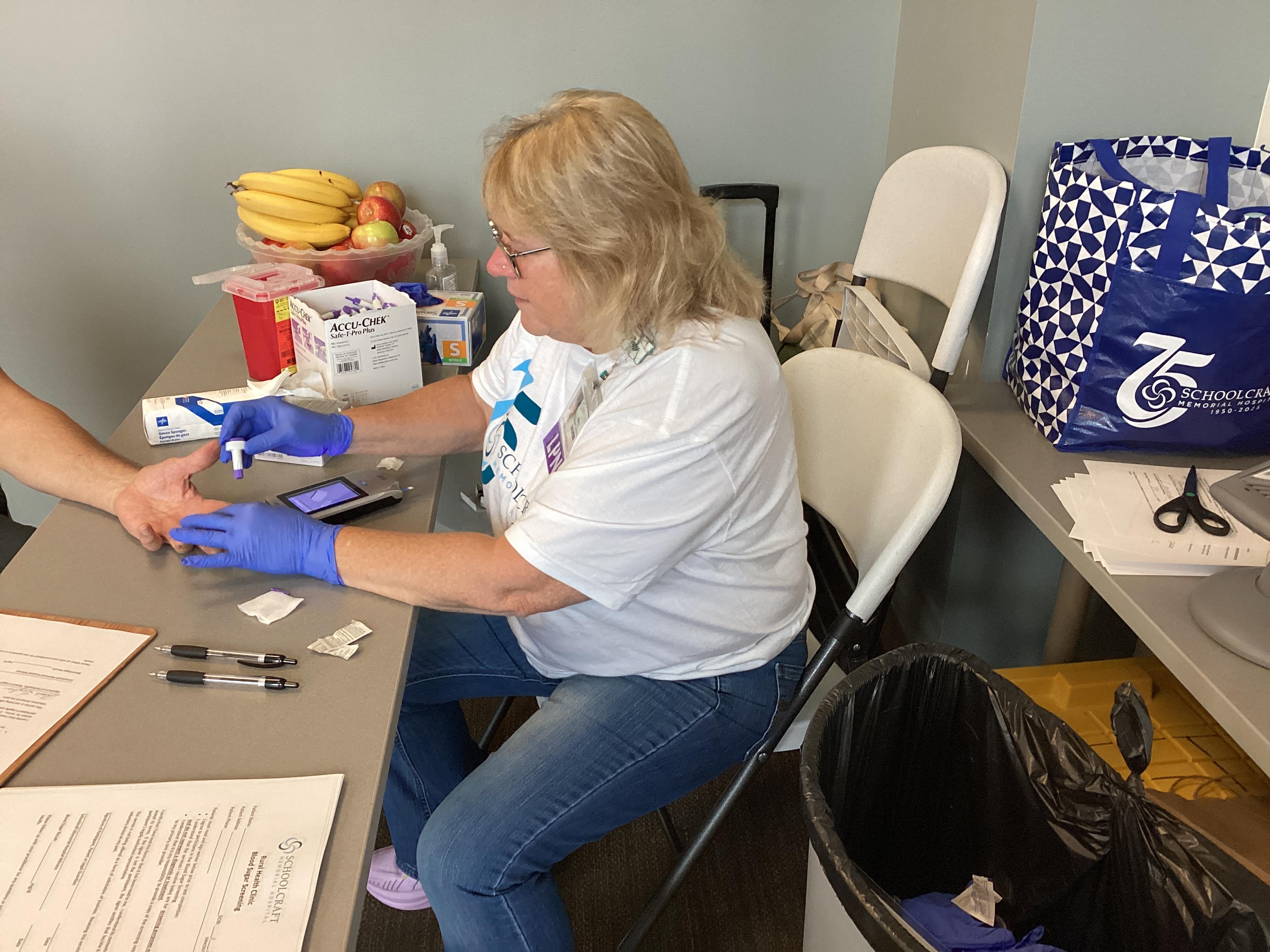Blue Cross Launches Unconscious Bias Education Program for Physicians
Debbie Reinheimer
| 3 min read

Bias happens all the time, without us being aware we are doing it. If you are a human being, your brain is wired to have bias. When implicit bias shows up in health care delivery, it might not be easily recognizable. But it routinely has a detrimental impact to the patient. Subtle biases often lead to poorer health outcomes and create barriers to access. So, Blue Cross is leveraging its strong provider relationships to create awareness of unconscious bias in health care to help address health and health care disparities. In September, Blue Cross introduced unconscious (implicit) bias education to the 40 physician organizations that participate in the statewide Physician Group Incentive Program (PGIP). PGIP is a program within Value Partnerships where these organizations, representing 20,000 physicians, collaborate on initiatives that improve the health care system in Michigan. An implicit bias is a prejudice in favor of or against one thing, person or group that is based on stereotypes or generalizations. The statistics are quite eye-opening about how treatment options can vary significantly based upon the race or socioeconomic status of the patient. For example, it is common that people of color presenting to the emergency room with the same symptoms as Caucasians are less likely to receive pain medications. This is just one example of the disparities in how care delivery differs based upon the race of the individual receiving care. “Creating widespread understanding is the first step in successfully addressing this issue,” said Tom Leyden, director, Value Partnerships. “We’re tapping into the very strong Value Partnerships programs to help make a difference in health care delivery for our members and the greater community.” Blue Cross’s implicit bias education program starts with physician organizations’ key leaders and staff, then focuses on primary care physicians and their office staff. Those physicians participating in the PGIP program and designated as Patient-Centered Medical Homes will need to engage in unconscious bias educational opportunities over the next nine months to continue to receive the associated value-based reimbursement tied to the PCMH designation. Unconscious bias education will roll out to additional physicians over the next two to three years. Participants will be expected to complete an educational course online. It will cover the science of unconscious bias, how it influences behaviors and patient outcomes, and how to make efforts to overcome unconscious bias. “This work is one of the focus areas of the Blue Cross Health Disparities Action Team,” said Bridget Hurd, vice president, Inclusion and Diversity. “Creating awareness among physicians and office staff is an important step in building cultural competency and addressing gaps in care that may occur due to biases related to race, ethnicity, gender, sexual orientation, obesity or socioeconomic status, for example.” On July 9, Gov. Gretchen Whitmer announced a directive that requires medical professionals to go through implicit (unconscious) bias training when obtaining or renewing their licenses. The directive supported the company’s work to implement implicit bias education to our provider partners. Related:
Photo credit: SeventyFour





